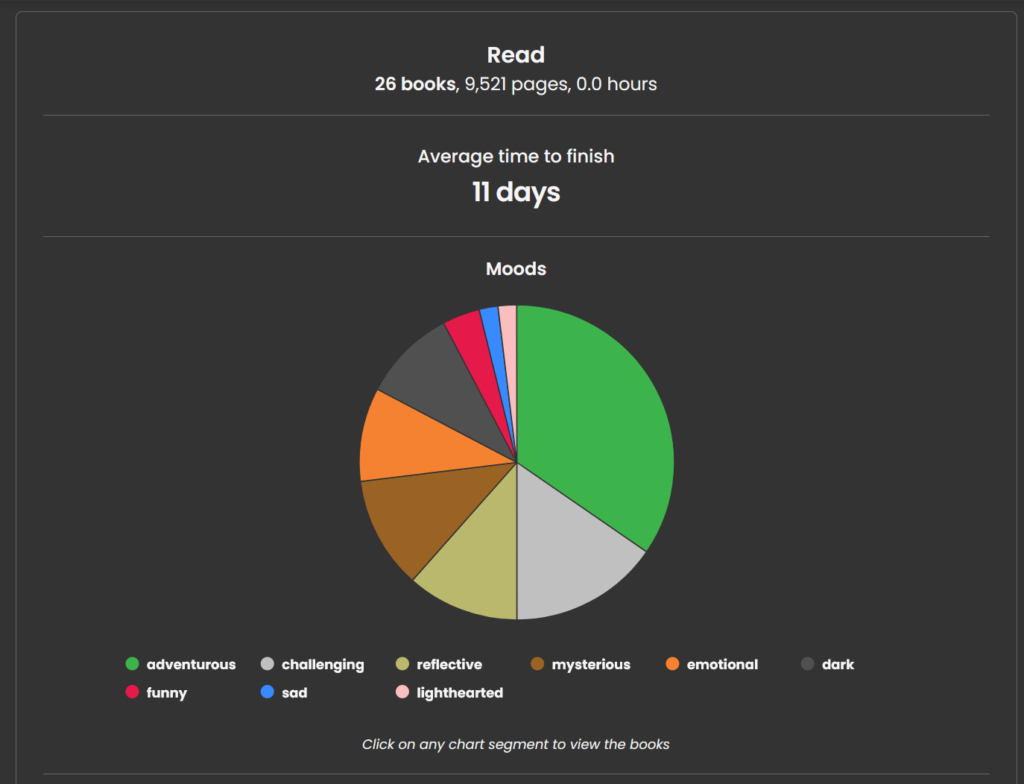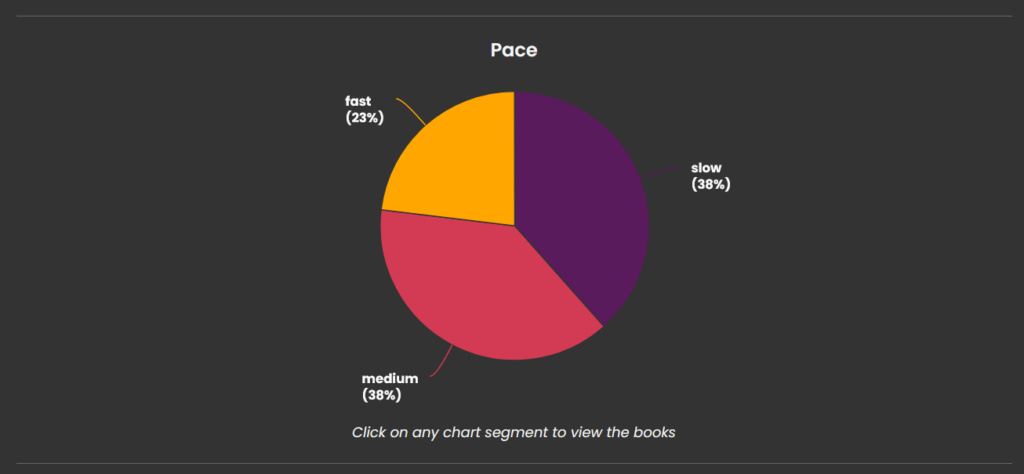Where to begin the eternal struggle of man vs. blog? This is not my first attempt at building a regular blogging practice, but perhaps it will be my first successful one. My last blog fell into darkness with the rest of Cohost, but my posts remain preserved. Some may yet be resurrected and expanded for this new crusade. What do I intend to blog about? Whatever I feel like, mainly. But what I feel like is almost always related to gaming, cinema, and genre fiction. What are my qualifications to speak on these subjects? Enthusiasm, education, and most of all a relentless holding of opinions. I will not be silenced.
I’m launching this iteration of bloggage with a multi-part lookback on the most interesting material to cross my desk during 2024 (no requirement to have debuted this year, even though I’m calling this my “Year in Review” in the obnoxious little SEO widget I stupidly added to my WordPress). ‘Tis the season for retrospection, whether or not one’s body of posts from the previous year has survived.
I read decently this year, averaging about 2 books a month. This was my second year recording my reading on Storygraph. I appreciate the motivation provided by the dopamine hit of logging, as well as the ability to opt out of all perverse social media-like engagements on this particular app. In categorizing my literary experiences for 2024, I propose three awards categories: Most Page-to-Page Thrills, Most to Consider, and Best Author.

Most Page-to-Page Thrills ironically goes to the two most lengthily brick-like paperbacks I read this year: Kushiel’s Dart by Jacqueline Carey and A Fire Upon the Deep by Vernor Vinge. The torment of Storygraph is that every time I think I’ve read a zippily-paced adventure book, I head to the app to log it and discover everyone else in the world rated it SLOW. So too with these. Nonetheless, I found them both lively and engaging genre fiction thrill-rides. Kushiel’s Dart artfully accomplishes the significant task of unifying the genres of fictional autobiography, porno, and alt history fantasy. A Fire Upon the Deep does the same with far-future space opera, medieval-hive-mind-dog succession drama, and mind-bending alt-consciousness dive. The proof is in the soup, as far as I’m concerned. I happily returned to both of these books chapter-after-chapter, day-after-day, ready to discover the next wild torment to befall their hapless heroes. Recommended to anyone who likes a lot of bang (sexual or spaceship-explosive) for their used paperback buck.

Most to Consider takes us to the realm of the ideas book, which often hovers on the edge of disappearing into its own ass. But the best ideas books I read in 2024 maintained a delicate, somewhat distanced relationship with their own fundaments. Edward Pangborn’s Davy and Kelly Link’s The Book of Love leverage genre flourishes to ask poignant questions about why we suffer ourselves to live, when it hurts so terribly. The Book of Love, as a highly anticipated 2024 release, has had its share of press, so I won’t belabour my own reaction, but simply say that the deft way with which Link has handled magic and mystery in her short fiction persists in this novel, layered now with a density of viewpoints and feelings that endeavor to capture the emotional life of a whole town (or close to it). The wonder and horror of Link’s otherworld are matched only by the wonder and horror of this one. And the wonder and horror of Davy’s world, though Pangborn’s story is science fictional rather than fantastical. For anyone who has found themselves lamenting the lack of tragic horniness in post-apocalyptic fiction, look no further than Davy. Unjustly forgotten by much of the SF mainstream (except Joachim Boaz, whose glowing review is the one that pointed me Pangborn-ward), the picaresque adventures of Davy through a post-nuclear, quasi-medieval, post-pants New England accrete into more than the sum of their parts. Davy’s life and his account of it return us again and again to the most urgent concerns of our time: what is the legacy our lives of material prosperity will leave? What suffering or succor will remain for future generations in our detritus? Clear-eyed and without cruelty, Pangborn reminds us how we have failed, and will fail again.
Best Author is a no-contest because this is also the author whose work I read the most this year: John M. Ford. I first encountered Ford’s work during an intensive study of the nature of the Klingon in Star Trek, reading his beloved licensed novel and FASA RPG sourcebooks about the Klingons. This material proving shockingly good, I picked up his much-acclaimed alt history fantasy The Dragon Waiting in January and proceeded to have my wig blown clean off. I read The Dragon Waiting twice back-to-back. I read the Draco Concordans website end-to-end. I felt such awe and inspiration and terrible jealousy that I became twice as motivated to work on my own writing. I caught up with How Much for Just the Planet?, Ford’s other Star Trek novel. I fortuitously discovered Ford’s tragically unfinished half-a-masterpiece Aspects in my local used bookstore, and proceeded to lose what remained of my wig. There is so much more to say about Aspects, probably in a whole other entire blog post. For now, all this is to say, John M. Ford was a wonderful writer who was taken from us too soon, and the work from him we do possess is a small but persistent consolation in the wake of that loss. He has left us somewhere to go, even if sadly we have to go without him.
2024, as a year, was rather ass, both for myself and world-historically. But it had its delights and consolations nonetheless. Next time, the cinema, in four categories.


One reply on “The Artistic Consolations of 2024, Part I: Literary”
Wow I am testing my own comments like an idiot